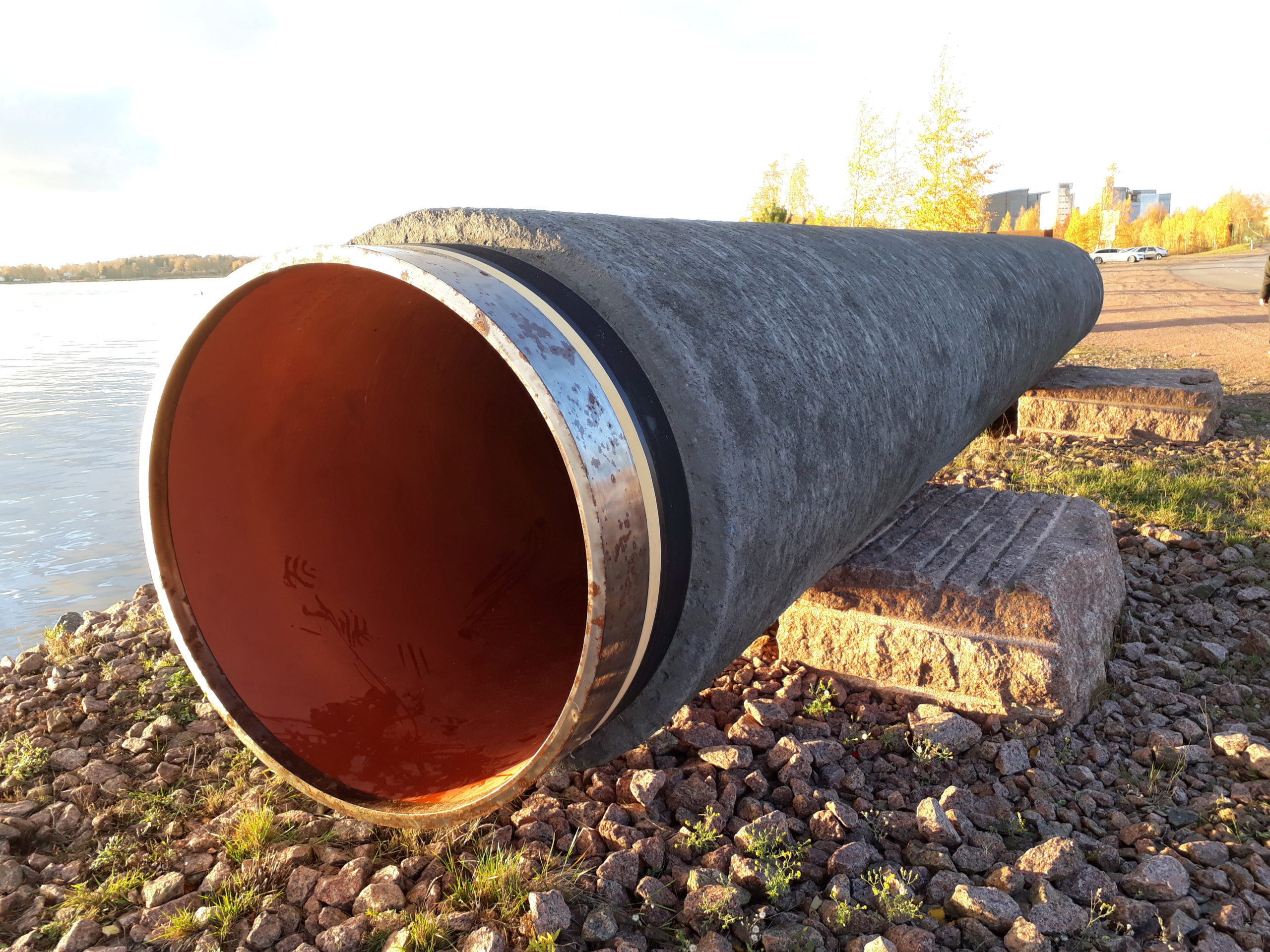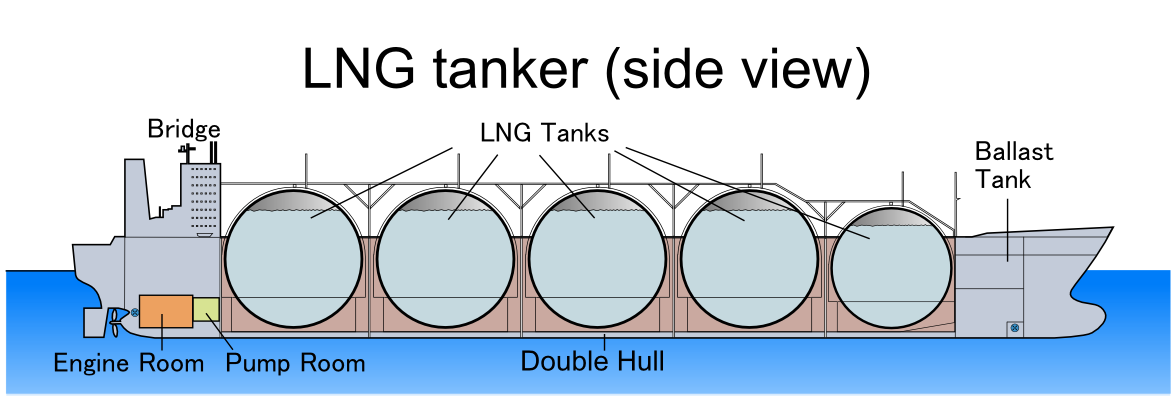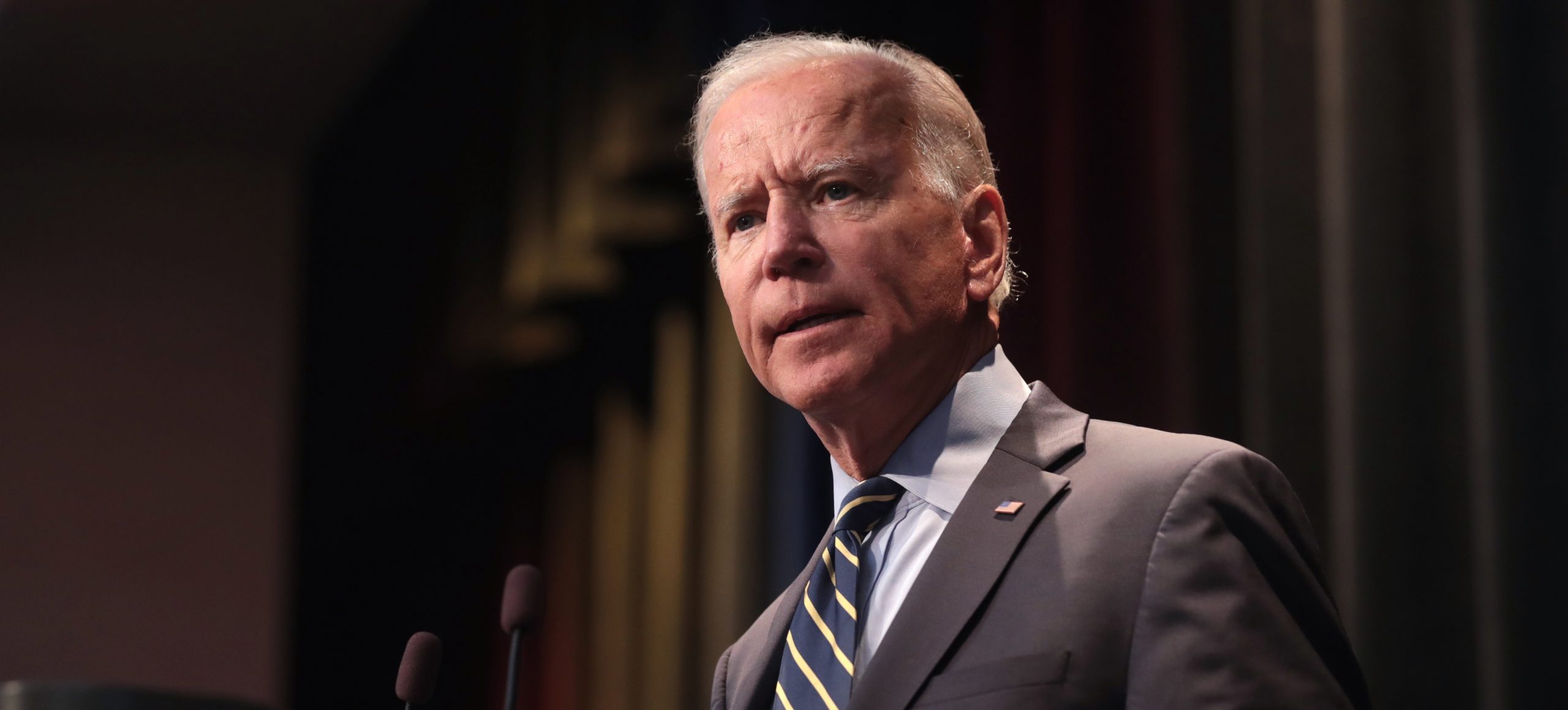Freeworld Forum´s senior fellow Anders Åslund want to see action from European Union and United States in order to counter the effects of the Russian weaponization of energy.
Europe has ended up in its worst gas crisis ever. The global economy has restarted faster than the world’s many gas producers had anticipated, and scarce Liquefied Natural Gas (LNG) deliveries have been concentrated to East Asia. Odiously, Russia has intentionally sharply reduced its supplies to Europe to boost Europe’s as prices and undermine its energy security.
In March 2020, the pandemic made the European spot market price for natural gas hit a nadir of $130 per 1000 cubic meters (mcm), while it had hovered around $250/mcm since 2014. Now the spot market price has multiplied ten times and reached $1,400/mcm. This will have major negative consequences for Europe’s economy. Consumer prices are skyrocketing, leading to calls for price caps, which in turn may break European energy distributors as is already happening in the United Kingdom
Face it! Russia is openly manipulating European gas prices in a monopolistic fashion and it is blackmailing Europe. On September 26, Reuters quoted President Vladimir Putin’s press spokesman Dmitry Peskov as saying: “Is it possible to get more gas from Gazprom and pump it in there? It’s possible. Gazprom is ready.” His condition is an early European certification of Nord Stream 2, the new Gazprom pipeline Nord Stream 2 from St. Peterburg to Germany through the Baltic Sea.
Hostile Russian actions have followed suite. Two days later, Russia cut its deliveries from the giant field in Yamal, although Russia has no problems with its gas production. From October 1, Gazprom switched its deliveries to Hungary from Ukraine to its new Turk Stream pipeline, in violation with its transit contract with Ukraine. Never coy, on October 6, Putin blamed “the practices of our European partners.” He named “the former European Commission” and its ambitions to marketize gas trade.
The only international institutions that have protested against the Russian gas squeeze in time are the European Parliament, and the International Energy Agency. In a letter of September 16 some 40 MEPs called “on the European Commission to urgently open an investigation into possible deliberate market manipulation by Gazprom and potential violation of EU competition rules.” Five days later, the International Energy Agency noted that “Russia is fulfilling its long-term contracts with European counterparts – but its exports to Europe are down from their 2019 level.” The EU, NATO and the US, by contrast, are conspicuously silent.
Although Russia’s gas transit through Ukraine functions perfectly, Russia wants to eliminate it. Traditionally, Russia transited 80-90 billion cubic meters (BCM) a year through Ukraine without problem. In 2020, it cut that volume to 65 bcm, and it has contracted 40 bcm/year from 2021-24, intent on letting its own Nord Stream 1 and 2 replace Ukraine. When Russia states that it fulfills its contract obligations it actually states that it has reduced its gas supplies further from the low water mark of pandemic 2020.
In January 2009, Gazprom cut off gas deliveries to 16 European countries for political reasons for two weeks, which prompted the EU adopted its third energy package, which included the establishment of plenty of gas storage. Absurdly, Gazprom has been allowed to buy much of this capacity, and it has run down the volume stored to a minimum. This clearly contradicts the spirit and possibly the letter of EU energy policy. Non-plussed, Putin complains that “gas reserves in many European countries’ underground storage facilities dwindled.”
On July 21, the United States and Germany issued a joint statement on “Support for Ukraine, European Energy Security, and our Climate Goals.” President Joe Biden waived legislated US sanctions against Nord Stream 2, but the statement contained quite sharp words on Russia. The two governments declared their preparedness to “respond together to Russian aggression and malign activities, including Russian efforts to use energy as a weapon. Should Russia attempt to use energy as a weapon or commit further aggressive acts against Ukraine, Germany will take action at the national level and press for effective measures at the European level, including sanctions, to limit Russian export capabilities to Europe in the energy sector, including gas…”
Alas, Russia has explicitly used energy as a weapon, and the United States and Germany have done nothing. They even remain quiet. Their July 21 statement effectively aligned them with Russia against many EU members. Their complete passivity further undermines their credibility.
Nor has the European Commission done anything. On October 6, the European Parliament forced European Energy Commissioner Kadri Simson to respond, but she said little but “we need to take policy measures,” without clarifying what beyond launching a study. To my knowledge, Competition Commissioner Margrethe Vestager has not issued any public comment, although this should be her main task at present.
This cannot go on. The West cannot accept Russia pursuing a devastating gas war against Europe just lying down. It can do so much to rectify the situation.
To begin with, all the relevant parties – the European Commission, the European Council, the German government, other EU members, and the United States need to publicly protest against Russia’s irresponsible cut in its gas supplies to Europe. Monopolistic market manipulation is impermissible. The Kremlin is overplaying its hand, and the EU needs to flex its muscle. As the EU is the destination of three-quarters of Russia’s gas, while 40 percent of European gas imports come from Russia, Russia is far more dependent on the EU. The EU can simply tell Russia that its behavior is unacceptable and that it will sharply reduce its future purchases of Russian gas, unless Russia instantly shapes up. As so often, Russia has proven itself an unreliable supplier.
The United States and Germany need to follow the logic of their July 21 statement and sanction Nord Stream 2 AG. President Biden should act independently, obeying US laws and the US Congress, doing so on his own.
The EU, individual EU countries, or the United States can organize international purchases of LNG to Europe to ease the crisis. The Netherlands should reopen the Groningen field and Norway may be persuaded to increase its gas supplies.
If the EU fails to increase available gas supplies, it can restrict European consumption of gas, by any measure from regulation to rationing, but the European Commission needs to wake up and start working. This could be an important step to accelerate energy savings and green energy to reduce greenhouse gases. And, of course, Germany can be helpful by slowing down its transition from nuclear energy.
The EU and the United States must do something.
Anders Åslund
Anders Åslund is a senior fellow at the Stockholm Free World Forum




